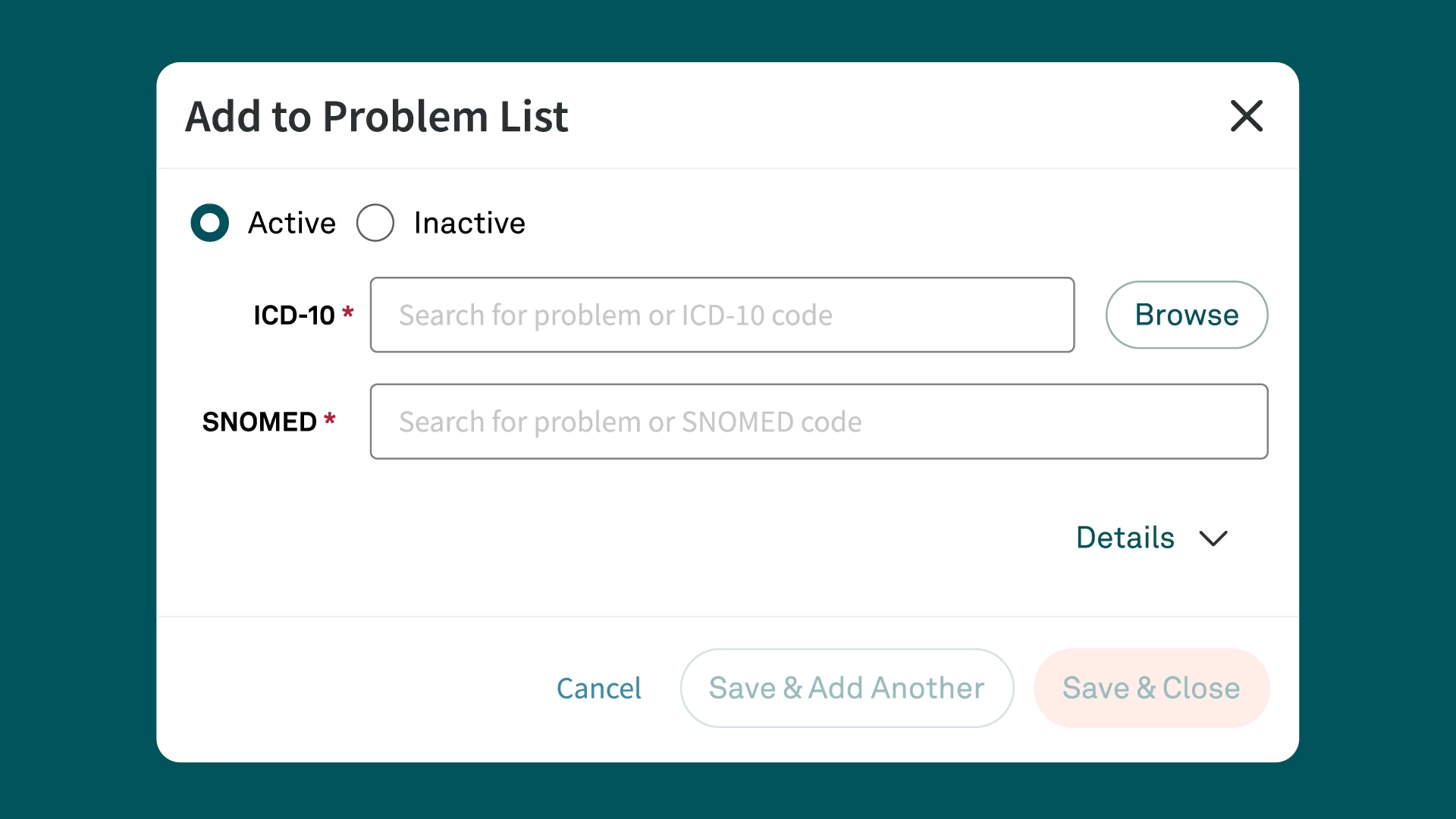ICD-10 Code J01.90
Acute sinusitis, unspecified
What is the code J01.90?
J01.90 is an ICD-10-CM code used to specify a diagnosis of acute sinusitis, unspecified. This code is used in medical billing and coding to document instances where a patient presents with acute sinusitis, but the specific sinus affected is not identified.
Detailed description of J01.90
Acute sinusitis is an inflammation of the sinuses that typically lasts for a short period, often less than four weeks. It can be caused by a variety of factors, including bacterial, viral, or fungal infections. When the documentation does not specify the exact location of the sinusitis (e.g., maxillary, frontal, ethmoid, or sphenoid sinuses), the code J01.90 is used. This code allows healthcare providers to accurately capture the condition without needing to determine the exact sinus involved.
Symptoms commonly associated with J01.90
Patients diagnosed with acute sinusitis, unspecified (J01.90), may present with a range of symptoms including:
- Nasal congestion
- Facial pain or pressure
- Headache
- Postnasal drip
- Fever
- Fatigue
- Reduced sense of smell
- Cough
Related and similar ICD-10 codes
Several ICD-10 codes are related to J01.90, each specifying different types and locations of sinusitis. These include:
- J01.00: Acute maxillary sinusitis, unspecified
- J01.10: Acute frontal sinusitis, unspecified
- J01.20: Acute ethmoidal sinusitis, unspecified
- J01.30: Acute sphenoidal sinusitis, unspecified
- J01.40: Acute pansinusitis, unspecified
Appropriate usage of J01.90 for billing
J01.90 should be used when a patient is diagnosed with acute sinusitis, but the specific sinus affected is not specified in the medical documentation. It is important for providers to accurately document the diagnosis in the assessment portion of the note to ensure that the correct code is used for billing purposes. This code can be used in a variety of healthcare settings, including outpatient clinics and physician offices.
Instructional guidelines with J01.90
When coding for J01.90, it is important to follow these guidelines:
- Ensure that the diagnosis of acute sinusitis is clearly documented in the patient's medical record.
- Confirm that the specific sinus affected is not identified; if it is, use the corresponding specific code (e.g., J01.00 for acute maxillary sinusitis).
- Use J01.90 only for acute cases; chronic sinusitis has different codes (e.g., J32.9 for chronic sinusitis, unspecified).
Common pitfalls in coding with J01.90
Common pitfalls to avoid when coding with J01.90 include:
- Using J01.90 for chronic sinusitis cases, which should be coded differently.
- Failing to update the code if further diagnostic information becomes available that specifies the affected sinus.
- Incorrectly documenting the condition, which may lead to inappropriate code selection and potential billing issues.
Key resources for J01.90 coding
Healthcare providers and medical coders can refer to the following resources for accurate coding of J01.90:
- ICD-10-CM Official Guidelines for Coding and Reporting
- Centers for Medicare & Medicaid Services (CMS) website
- American Health Information Management Association (AHIMA) coding resources
- Professional coding manuals and software tools
Conclusion
J01.90 is an ICD-10-CM code used to document cases of acute sinusitis when the specific sinus affected is not identified. By understanding the details and appropriate application of J01.90, healthcare providers can help ensure accurate billing and effective patient care documentation.
Simplify ICD-10 code documentation with Tebra
Tebra’s EHR+ gives you quick searches and Systematized Nomenclature of Medicine (SNOMED) field names for efficient code documentation. Plus, Tebra automatically saves ICD-10 to SNOMED mapping for future searches, streamlining your workflow.

Discover how Tebra helps providers effortlessly document health-related issues and conditions in this detailed post.
Similar Codes
Stay Ahead with Expert Healthcare & Billing Insights
Get the latest industry updates, financial tips, and expert strategies — delivered straight to your inbox.



